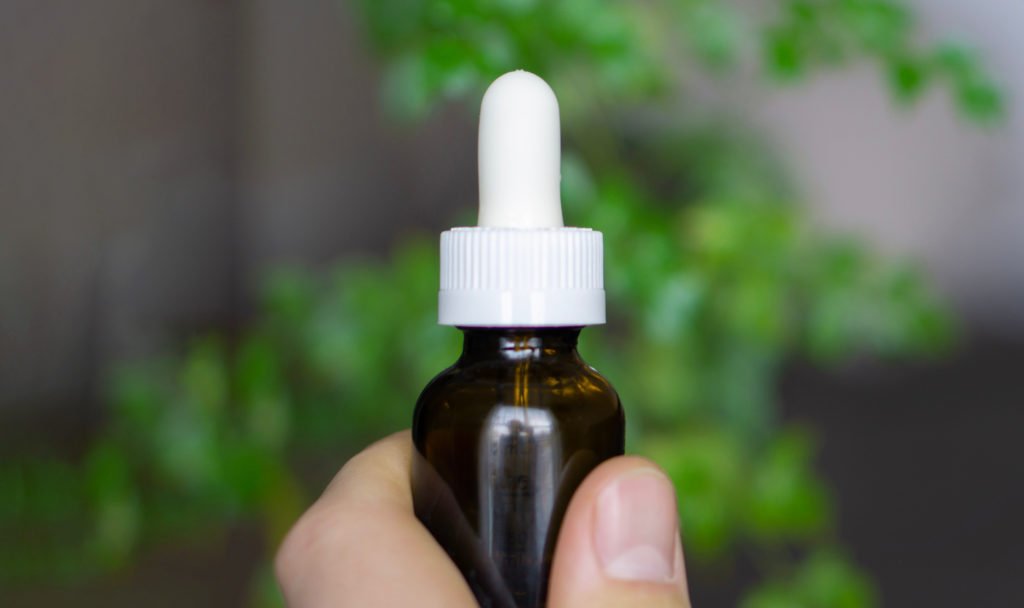With literally thousands of CBD products on the market, there are bound to be a variety of claims from manufacturers: some fact, some fiction, and some blurring the line in between. Recently, you may have heard about a new line of products that claim to feature “true” full spectrum CBD, which is an interesting term, given that any company creating hemp-derived products has to be within the legal limits of 0.3% THC or less.
This, of course, begs the question: What are “true” full spectrum hemp products? As always, we’re here to shed light on the situation with complete transparency.
When you see this kind of language, it’s nothing more than a marketing ploy to make you think you’re getting more THC. The truth of the matter is that some full spectrum hemp products may contain LOD (less than limit of detection), but in general, no more than 0.3%.
However, some things may differ, like the inclusion of minor cannabinoids and specific terpene blends. Let’s break this down accurately, so that everyone has a clear understanding of full spectrum, broad spectrum, and CBD isolate options.
What Is Full Spectrum Oil?
In short, full spectrum oil contains all of the naturally occurring compounds found in a wide variety of hemp hemp plants with varying profiles. CBD, also known as cannabidiol, contains trace amounts of THC (less than 0.3%), other minor cannabinoids, as well as terpenes and flavonoids.
After hemp crops reach maturation, the plants go through an extraction process that produces full spectrum oil. It helps to think of full spectrum oil having a full spectrum of whole-plant benefits since it’s an oil form of the plant itself.
All full spectrum products contain somewhere between the LOD (limit of detection) and 0.3%, since it’s the legal amount. So, if you see a company advertising more than 0.3%, you’ll likely notice an asterisk with some fine print specifying the product still contains the legal amount — less than 0.3%.
An example of the fine print you may notice: *meets legal limits of less than 0.3% THC by weight.
Although there are trace amounts of THC, full spectrum oils are non-psychoactive, because it’s such a tiny amount of THC.
Many people prefer full spectrum products, because they offer a deeper level of therapeutic effects. This happens because all of the compounds found in the hemp plant have the opportunity to work together to create a profound experience. This phenomenon is known as the “entourage effect,” and full spectrum oil works best when you’re trying to achieve the deeper level of these desired effects.
Broad Spectrum Oil
Broad spectrum oil is a different story, since it goes through an additional extraction process to remove those trace amounts of THC.
At one time, people believed you couldn’t access the “entourage effect” with broad spectrum, because you’ve extracted the trace amounts of THC. However, there are still other cannabinoids, terpenes, and flavonoids present to give you a little bit of the “entourage effect.” It won’t be as pronounced as the full spectrum option, but it’s still there.
CBD Isolate
CBD isolate is 99% pure CBD. Some people prefer the versatility CBD isolate provides, because it’s tasteless and odorless compared to the options mentioned above.
This is an upside to some, who don’t like the earthy taste often associated with full spectrum and broad spectrum products. Since CBD isolate doesn’t have any other cannabinoids, terpenes, or essential oils, this rectifies the issue for some.
However, others consider this to be a downside. Since it is pure CBD, there are no other compounds present in the oil for any synergistic effects. That is, there is no “entourage effect.”
The Last Word on “True” Full Spectrum
We all see the CBD market growing and expanding rapidly, and of course, product selection only increases when you experience such growth.
But the truth remains the same in this situation — all full spectrum hemp products fall under the LOD and 0.3%. The only place you’ll see variations is in the overall quality of the hemp. With this in mind, you want to make sure you align yourself with a reputable company, growing organic hemp with purity, potency, and transparency as primary concerns.
So there you have it — the TRUTH about “true” full spectrum.

